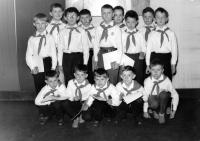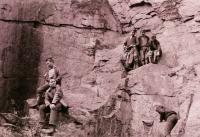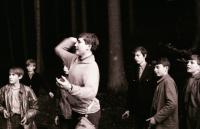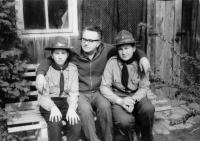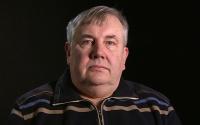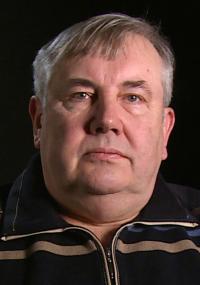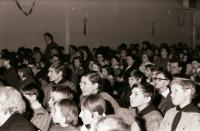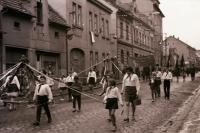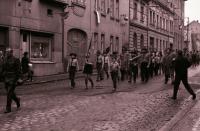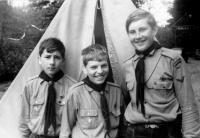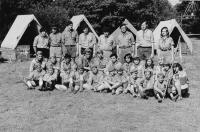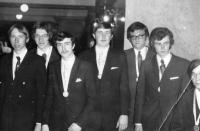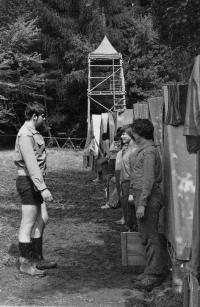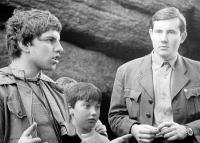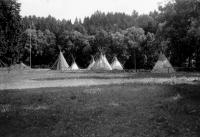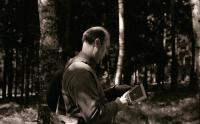We were scouts under the supervision of Pionýr chiefs
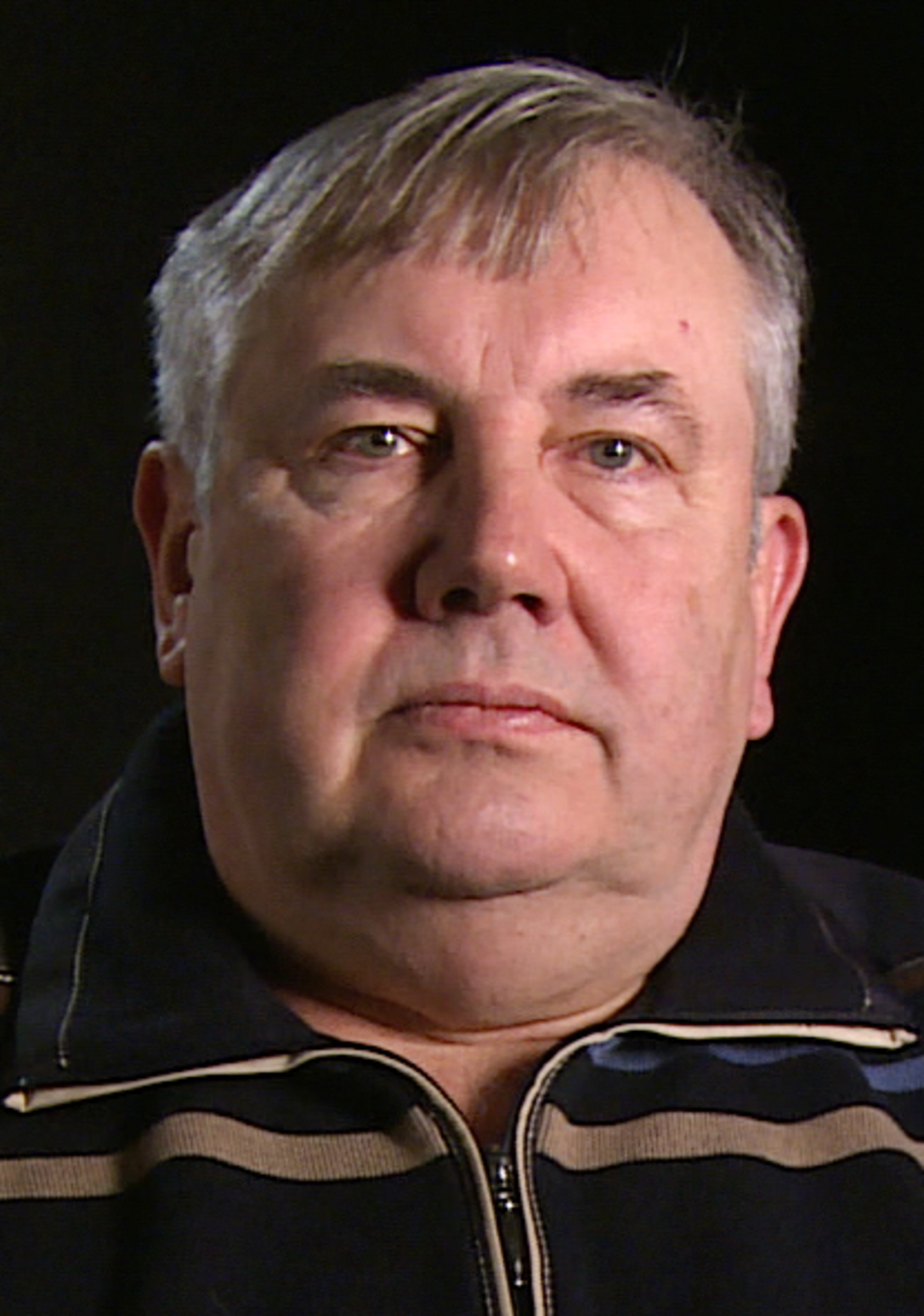
Download image
Mirko Veselý was born on 11 February 1955 in Beroun. As a child he moved with his parents to Říčany. In 1968 he became a member of the 1st scout club in Říčany, called Kondoři. It was the times of the first renewal of the scout movement since the 1948 communist putsch which had the scout outlawed. As a result of the so-called normalization, in 1970 scout was abolished once again. The club in Říčany was transferred under Pionýr organization. Mirko Veselý remained a member, considering it the only way to carry on sharing scout ideals within the youth. He organized summer camps based on scout principles. Communist officials visited the events he organized, attempting to find anything they could use to prohibit him from working with children. He quit himself in 1983, tired of all the dodging and searching for sideways. Ever since graduating from a school of electrical engineering in 1974 he has been working as a recording technician in the Czech TV. While working he also managed to finish studies of editing at the Prague Film Academy. After November 1989 he took part in the restoration of the scout movement and was elected chief of the scout center in Říčany.
